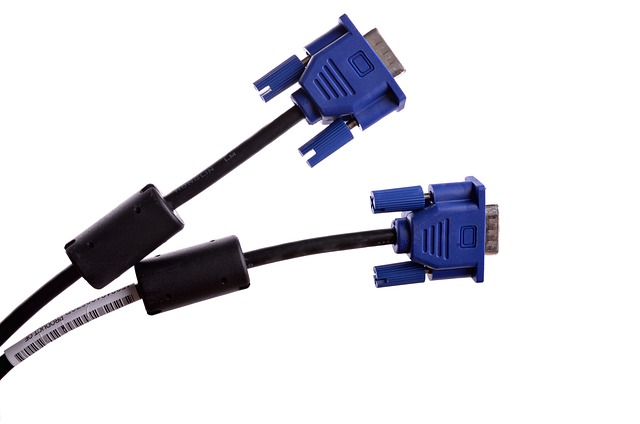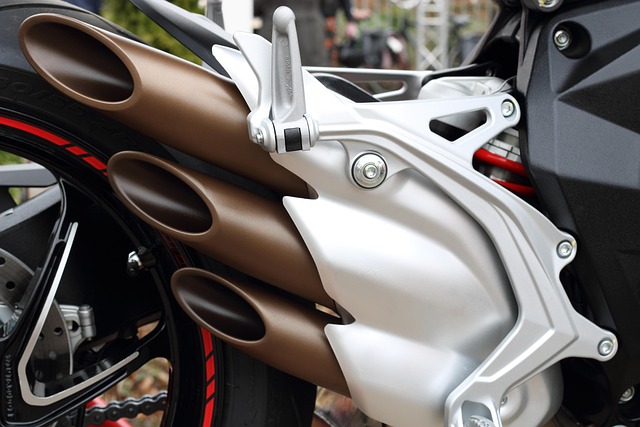
The Importance of Connectors in Automotive Applications
In the realm of automotive engineering, the significance of electrical connectors cannot be overstated. These components serve as the vital link between various electrical systems within a vehicle, ensuring that power and data are transmitted efficiently and reliably. As vehicles become increasingly sophisticated, the demand for high-quality connectors has surged, making it essential for manufacturers and consumers alike to understand the nuances of these components.
The Role of Electrical Connectors
Electrical connectors are designed to join electrical circuits together, allowing for the seamless flow of electricity. In automotive applications, they are used in a variety of systems, including lighting, engine management, and infotainment. The reliability of these connectors directly impacts the performance and safety of the vehicle. A faulty connector can lead to electrical failures, which may compromise the functionality of critical systems.
Types of Connectors
There are numerous types of electrical connectors available, each tailored for specific applications. Understanding these types can aid in selecting the right connector for a given task:
- Pin and Socket Connectors: These are among the most common types, featuring a male pin that fits into a female socket. They are widely used in automotive applications due to their reliability.
- Blade Connectors: Often used for connecting wires to circuit boards, blade connectors are easy to install and remove, making them a popular choice for automotive wiring.
- Sealed Connectors: Designed to withstand harsh environmental conditions, sealed connectors protect against moisture and dirt, ensuring longevity and reliability.
- Modular Connectors: These connectors allow for the customization of pin configurations, making them versatile for various applications.
Choosing the Right Connector
Selecting the appropriate connector involves considering several factors:
- Application Requirements: Understanding the specific needs of the application, such as voltage, current, and environmental conditions, is crucial.
- Compatibility: Ensure that the connector is compatible with the existing wiring and systems within the vehicle.
- Quality Standards: Opt for connectors that meet industry standards and are manufactured by reputable suppliers to guarantee performance.
- OEM vs. Aftermarket: Genuine OEM connectors are often recommended for their reliability and compatibility, while aftermarket options may provide cost savings but require careful evaluation.
Benefits of Domestic Electrical Connectors
In recent years, there has been a growing emphasis on sourcing electrical connectors domestically. The benefits of using made-in-USA connectors include:
- Quality Assurance: Domestic manufacturers are often subject to stringent quality control measures, ensuring that the products meet high standards.
- Faster Shipping: Local sourcing can lead to quicker delivery times, minimizing downtime for repairs and replacements.
- Support for Local Economy: Purchasing domestic products supports local businesses and contributes to the economy.
Expert Assistance in Connector Selection
For those who may feel overwhelmed by the variety of connectors available, seeking expert assistance can be invaluable. Many suppliers offer knowledgeable support teams that can guide customers in selecting the right parts based on their specific needs. This personalized service can save time and ensure that the correct components are chosen, ultimately enhancing the performance of the vehicle.
Conclusion
In conclusion, the selection of electrical connectors is a critical aspect of automotive maintenance and repair. Understanding the various types of connectors, their applications, and the importance of quality can significantly impact the reliability and safety of a vehicle. By prioritizing quality and seeking expert guidance, automotive professionals and enthusiasts can ensure that their vehicles operate at optimal performance levels.

















 Maritime Tradition Crossing Equator
Maritime Tradition Crossing Equator 
 Health
Health  Fitness
Fitness  Lifestyle
Lifestyle  Tech
Tech  Travel
Travel  Food
Food  Education
Education  Parenting
Parenting  Career & Work
Career & Work  Hobbies
Hobbies  Wellness
Wellness  Beauty
Beauty  Cars
Cars  Art
Art  Science
Science  Culture
Culture  Books
Books  Music
Music  Movies
Movies  Gaming
Gaming  Sports
Sports  Nature
Nature  Home & Garden
Home & Garden  Business & Finance
Business & Finance  Relationships
Relationships  Pets
Pets  Shopping
Shopping  Mindset & Inspiration
Mindset & Inspiration  Environment
Environment  Gadgets
Gadgets  Politics
Politics 